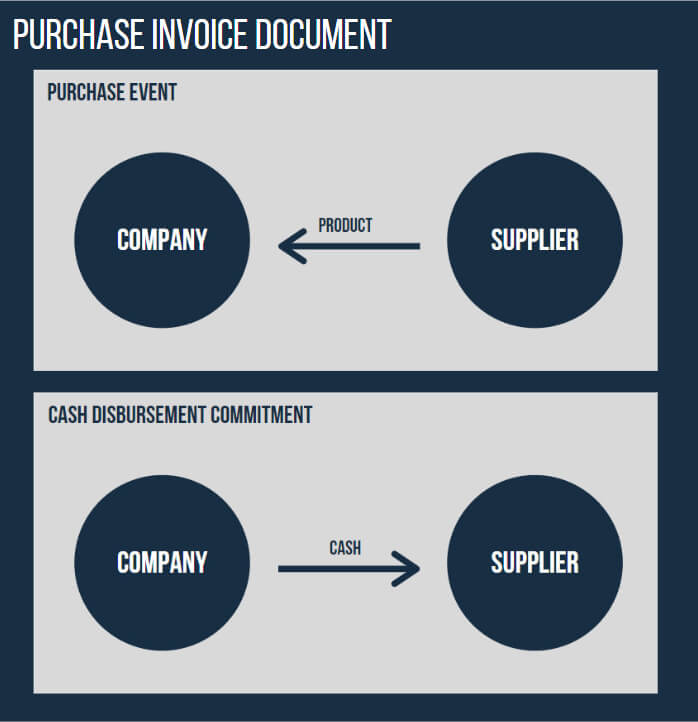Why developers need OMNIA in their toolkit
Posted January 31st, 2023
Why developers need OMNIA in their toolkit
Posted January 31st, 2023
One of the most bespoke aspects of our development platform is the theory behind it. Without going into too complex detailing, we would like to clarify what that theory is and what it stands for, as well as the modeling design decisions that have led us to the development platform we have today.
As a productivity tool, the OMNIA Platform was built to fulfill the software needs of all types of businesses. At the core of our development platform lie principles of an economic modeling system called REA (Resources, Events, Agents), which serves as the foundation for all concepts and features you’ll find during your development experience.
The REA framework is directed at accounting systems, with a focus on the recording of the several economic, mostly recurring, events that happen within an organization. It assumes that there are a limited number of concepts within all accounting software and that it is possible to easily design adaptable applications without jeopardizing business logic.
Here’s a list and description of those modeling elements:
OMNIA Modeler Elements
Now here’s a simple diagram of a “Purchase Invoice Document” example that shows how those elements fit together:

All this information was simplified and squeezed together in a simple “cheat sheet” for you to visit in case any doubts occur during your app developments:
APP ELEMENTS
Economic Agents:
Economic Resources:
Commitments:
Economic Events:
Documents:
Generic Entities:
USE CASES
The agents of a transaction (ex: Company, Person, Groups)
The resources that are traded in a transaction (ex: Currency, Work Hours, Raw Materials)
A digital commitment between two agents to trade resources
The transaction itself.
The element in which all transactional elements interact.
The generic element for any business entity that does not fit in any previous elements.
APP ELEMENTS
Economic Agents
The agents of a transaction (ex: Company, Person, Groups)
Economic Resources:
The resources that are traded in a transaction (ex: Currency, Work Hours, Raw Materials)
Commitments:
A digital commitment between two agents to trade resources
Economic Events:
The transaction itself.
Documents:
The element in which all transactional elements interact.
Generic Entities:
The generic element for any business entity that does not fit in any previous elements.
We hope this post cleared any doubts regarding why we designed our development platform as we did. OMNIA is not just a productivity tool, it’s a line-of-business web application development platform, design driven by accounting theory.
Do you want to try our development platform? Click the button below and ask for your 30-day free trial today.



